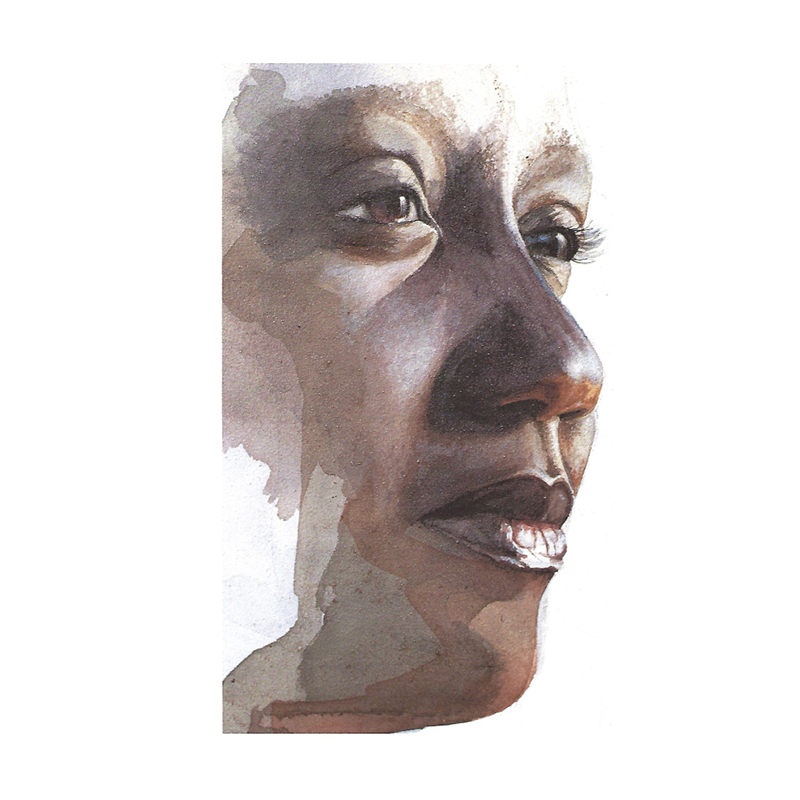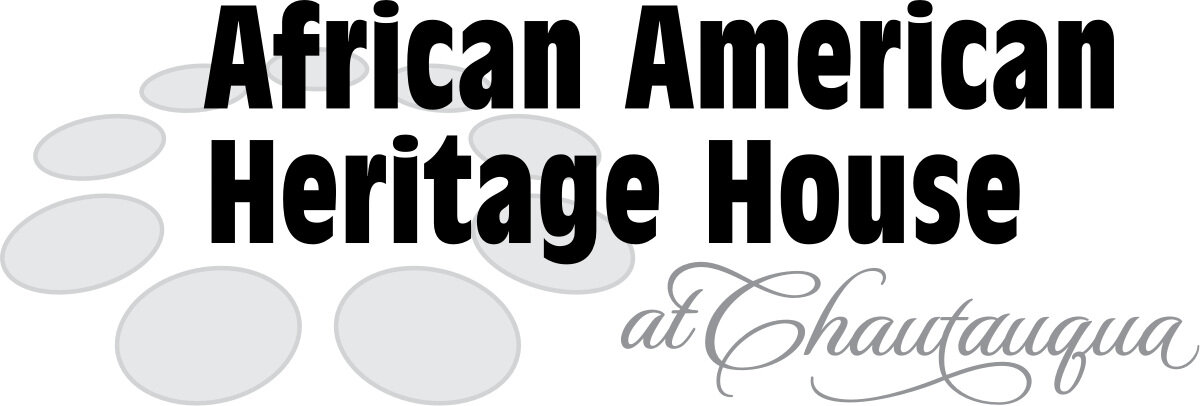
Presented by the African American Heritage House (AAHH)
July 21, 2021
Elizabeth S. Lenna Hall
4 p.m.
Music Selection
Chautauqua Symphony Orchestra Diversity Fellows
Welcome Remarks
Erroll B. Davis, President
African American Heritage House (AAHH)
The Story of the Phillis Wheatley Cottage
Ted First
Board Member of AAHH
Introduction of the Archivist
Emálee Krulish Sanfilippo
Chautauqua Institution Assistant Archivist
Introduction of the Artist
Louise Mandumbwa
Chautauqua School of Art Residency Program Alumna
Music Selection
Chautauqua Symphony Orchestra Diversity Fellows
Closing Remarks
Erroll Davis
Reception
Lenna Hall Porch
**Unveiling of the Phillis Wheatley Marker

A 7-year old African girl arrived in America in 1761 on a slave ship and was purchased by John and Susanna Wheatley of Boston, who named her Phillis, educated her with their children and freed her before she was 20. A freed slave and 18th-century poet, Phillis Wheatley was one of the earliest black poets in America and one of the few women to have anything published in the 18th century. Today, her name is found on many college dormitories and YWCAs across the United States.
From 1940’s Chautauqua accommodation guide:
“WHERE MAY COLORED EMPLOYEES BE LODGED?”
The Phyllis (sic) Wheatley Cottage provides rooms and board for a certain number of colored maids and chauffeurs who are not lodged in the visitor’s own cottages. The Wheatley Cottage is located at the North Gate.
The Phillis Wheatley Cottage was created in the 1890s to provide lodging for African-American workers at Chautauqua Institution. Referred to as the colored boarding house, it stood at 23 Crescent in 1906. In 1939 the house was moved close to what is now Fletcher Music Hall. By the 1940s guests at the Wheatley Cottage contributed funds to Old First Night. The Wheatley Cottage was closed in 1965 with the passage of the Civil Rights Act.
On Being Brought from Africa to America
by Phillis Wheatley
‘Twas mercy brought me from my Pagan land,
Taught my benighted soul to understand
That there’s a God, that there’s a Saviour too:
Once I redemption neither sought nor knew.
Some view our sable race with scornful eye,
“Their colour is a diabolic die.”
Remember, Christians, Negros, black as Cain,
May be refin’d and join th’ angelic train
Growing up in the sub-Saharan town of Francistown, Botswana, the artist cites the pieces of unstretched pieces of canvases, saucers repurposed as palettes and her father's paint brushes in her childhood home as her earliest memories of the arts. She was born in 1996 to Zambian educators in visual art and commerce respectively, and that early touch point cultivated an interest that has only grown over the years.
Currently studying painting in University of Central Arkansas' BFA Program, Louise Mandumbwa moved to the United States to pursue a higher education in the visual arts in 2015. In that time Ms. Mandumbwa has developed a visual voice steeped in conversation about the human condition, identity and belonging. Often selecting everyday people as the subjects of her work, her practice has expanded to include works rendered in oil and acrylic on everything from paper, wood panel and sheets of Plexiglas.
Alongside her academic pursuits Ms. Mandumbwa has had her work curated into the group shows “Daughters of the Diaspora” and “Icons.” Three solo exhibitions; “With Feeling,” “You Are Not Your Own (Your Name is Not Your Own)” and “On Being and Becoming.” Additionally, Ms. Mandumbwa has had her work featured in New American Paintings, included twice in the PRIZM art fair during Miami Art week in 2017 and 2019 respectively, and was the Conway Alliance for the Arts 2019 recipient of the Gene Hatfield outstanding individual artist award.
Ms. Mandumbwa was a distinguished participant in the 2019 Chautauqua School of Art residency program.
The CSO Diversity Fellowship program is designed to offer underrepresented young professional musicians fulsome professional experience and access by performing with the Chautauqua Symphony Orchestra.
We are working to remove barriers so that extraordinary musicians can achieve their full potential — to ensure that every voice is heard.